April 19, 2025 | 00:16 GMT +7
April 19, 2025 | 00:16 GMT +7
Hotline: 0913.378.918
April 19, 2025 | 00:16 GMT +7
Hotline: 0913.378.918
On December 14, the Ministry of Agriculture and Rural Development (MARD), the Ministry of Health and international organizations coordinated to organize an information exchange conference around the issue of antimicrobial resistance in Vietnam.
In his opening remarks, Deputy Minister Phung Duc Tien said, “We are all very well aware that antibiotics are an effective bacterial control tool if used with caution, however reality shows that unsafe usage of antibiotics over the years has turned antibiotic resistance into a grave problem. We are at risk of losing effective bacterial control tools if no timely action is taken.”
Based on the Ministry of Health's establishment of the 2020 - 2025 National Steering Committee on Antimicrobial Resistance, the Ministry of Agriculture and Rural Development, taking a multi-sectoral approach, has also established the 2020 - 2025 National Steering Sub-committee on Antimicrobial Resistance in Agriculture. The MARD also closely cooperates with the Ministry of Health in developing the 2022 – 2030 National Strategy on Antimicrobial Resistance - vision to 2045.
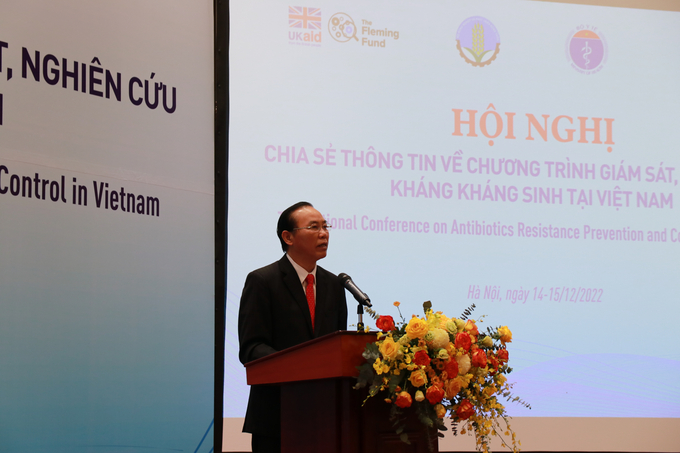
"The matter of antimicrobial resistance in livestock is becoming more and more complicated, threatening the competitiveness of Vietnam's agricultural industry," said Deputy Minister Phung Duc Tien. Photo: Hoang Giang.
The agricultural sector has achieved very encouraging results up until the present date, reflected in the completion of the system of directing documents on antimicrobial resistance management, and enhanced inspection of the implementation of legal documents on antimicrobial management and use from central to local levels, raising awareness about antimicrobial use and the risks of antimicrobial resistance development for livestock and aquaculture managers.
Relevant agencies and departments have promoted antimicrobial resistance monitoring and antibiotic use by proactively building a database on antimicrobial resistance and improving the capacity of the sectors’ antimicrobial resistance testing system. In particular, in October 2022, the Ministry of Health issued regulations on the establishment of a national surveillance system for drug resistance for microorganisms. Vietnam also participates in the Global Antimicrobial Resistance and Use Surveillance System (GLASS) through the introduction of the World Health Organization (WHO).
On the path to achieving those results, it is essential to mention the contributions and help from donors and international organizations. The support from the UK in particular is a clear demonstration of the UK's interest and commitment to the fight against antimicrobial resistance in Vietnam.
In the coming period, Vietnam's agricultural industry hopes to continue receiving effective companionship and support from countries and international organizations, especially material and technical support from the UK through the Fleming Fund so that Vietnam’s agricultural industry will bring national-level policies to life and realizes its goals.

According to WHO, every year approximately 700,000 people around the world die from antimicrobial resistance infections and it is estimated that the number will reach 10 million by 2050.
Mr. Iain Frew, Ambassador of the United Kingdom to Vietnam, highly regarded the achievements of the agricultural sector gained from the cooperation relationship between the two countries, but at the same time he emphasized the concentration required in the process of inhibiting and minimizing the negative impacts of antimicrobial resistance.
From the ambassador’s point of view, the challenge of antimicrobial resistance is like a "slow pandemic". According to the World Health Organization, almost 700,000 people worldwide die from drug-resistant infection and there are speculations that the number might rise up to 10 million by 2050.
“The Covid-19 pandemic has taught us that cooperation between countries around the world is crucial to navigate global health challenges. The Covid-19 pandemic is also a very clear example that pushes us to take the One Health approach. I see that the Vietnamese Government has been actively taking the One Health approach in tackling antimicrobial resistance,” said the Ambassador of the UK.
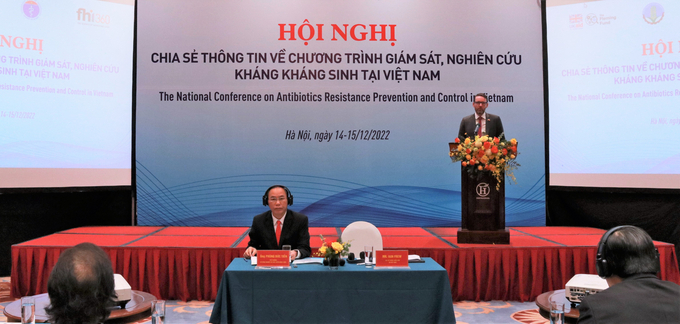
Mr. Iain Frew compared the challenge of antimicrobial resistance to a “slow pandemic”.
The UK is particularly concerned with the issue of antimicrobial resistance and its impact. In 2015, Vietnam was one of the first chosen countries to receive a grant from the Fleming Fund to build a system to prevent antimicrobial resistance in human health. Since 2019, the Fleming Fund has worked closely with the Government of Vietnam in the process of implementing an antimicrobial resistance program in the fields of human health and animal health.
Mr. Iain Frew expressed his pride at the conference as the partnership between the two countries has partly contributed to the 2020 - 2030 National Strategy on Antimicrobial Resistance - vision to 2045 and 2021 - 2025 Plan on Antimicrobial Resistance in Agriculture.
Translated by Samuel Pham
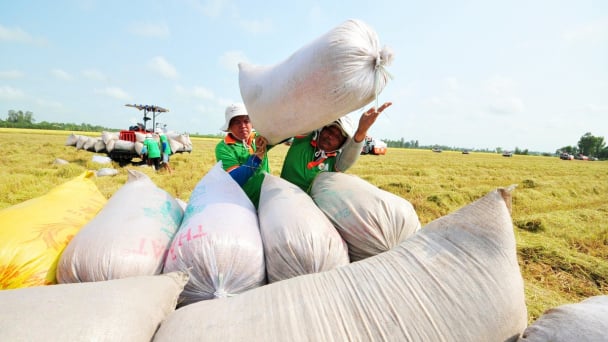
(VAN) The rice industry in the Mekong Delta is undergoing a major transformation, shifting toward sustainable, high-quality, and low-emission exports to meet the green and clean standards increasingly demanded by international markets.
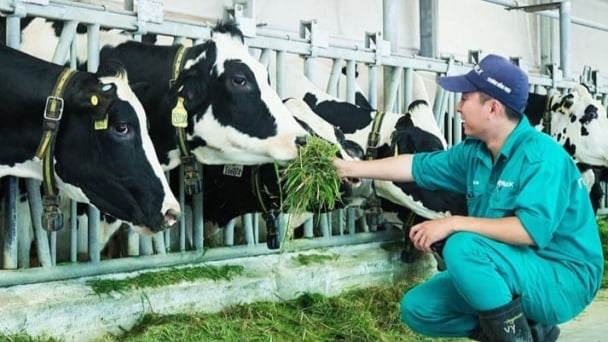
(VAN) According to Tong Xuan Chinh, Deputy Director of the Department of Livestock Production and Animal Health, Vietnam’s dairy cattle industry must overcome seven major challenges to achieve sustainable development.
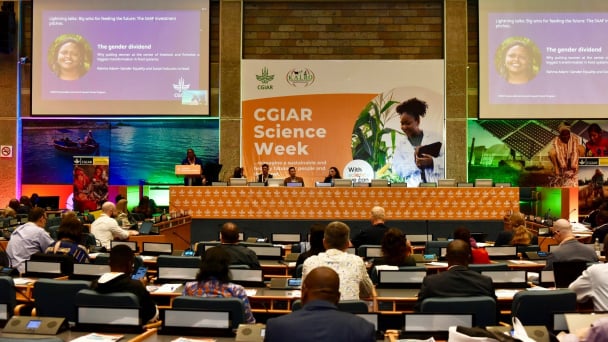
(VAN) The CGIAR’s Sustainable Animal and Aquatic Foods (SAAF) program represents a new approach that emphasizes the transformation of food systems toward sustainability.
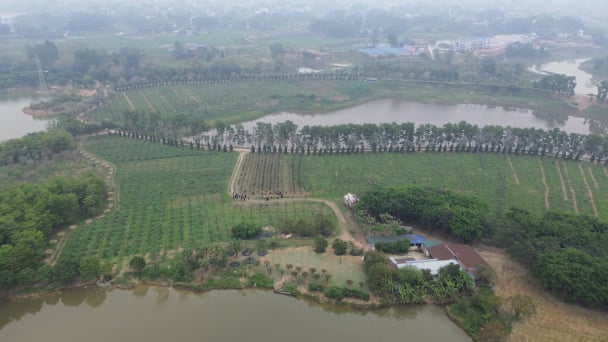
(VAN) Scientists assume that industrial agriculture has been 'outdated.' As a result, a comprehensive overhaul or a revolution in the direction of embracing ecological agriculture is needed.
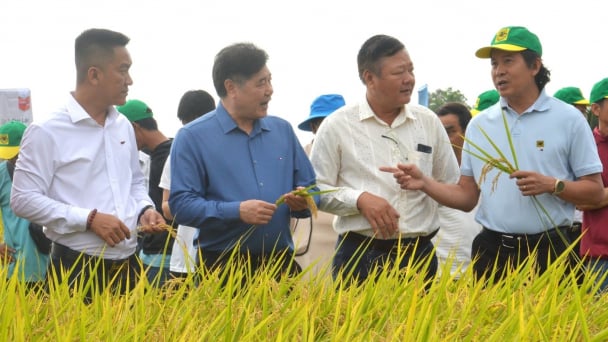
(VAN) The results from pilot fields are catalyzing the expansion of the One million hectares of high-quality, low-emission rice project in Kien Giang.
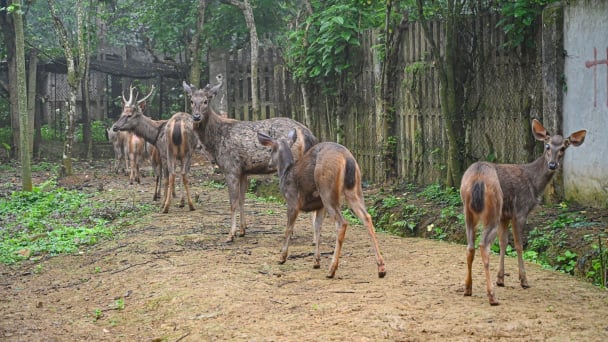
(VAN) On the morning of April 11, Cuc Phuong National Park received 18 individuals of endangered and rare wild animals from Da Nang city.
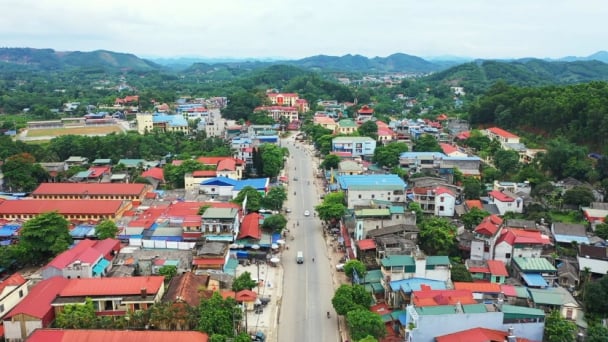
(VAN) FAO supports Vietnam in enhancing survey sampling techniques for the 2025 nationwide agricultural and rural census.